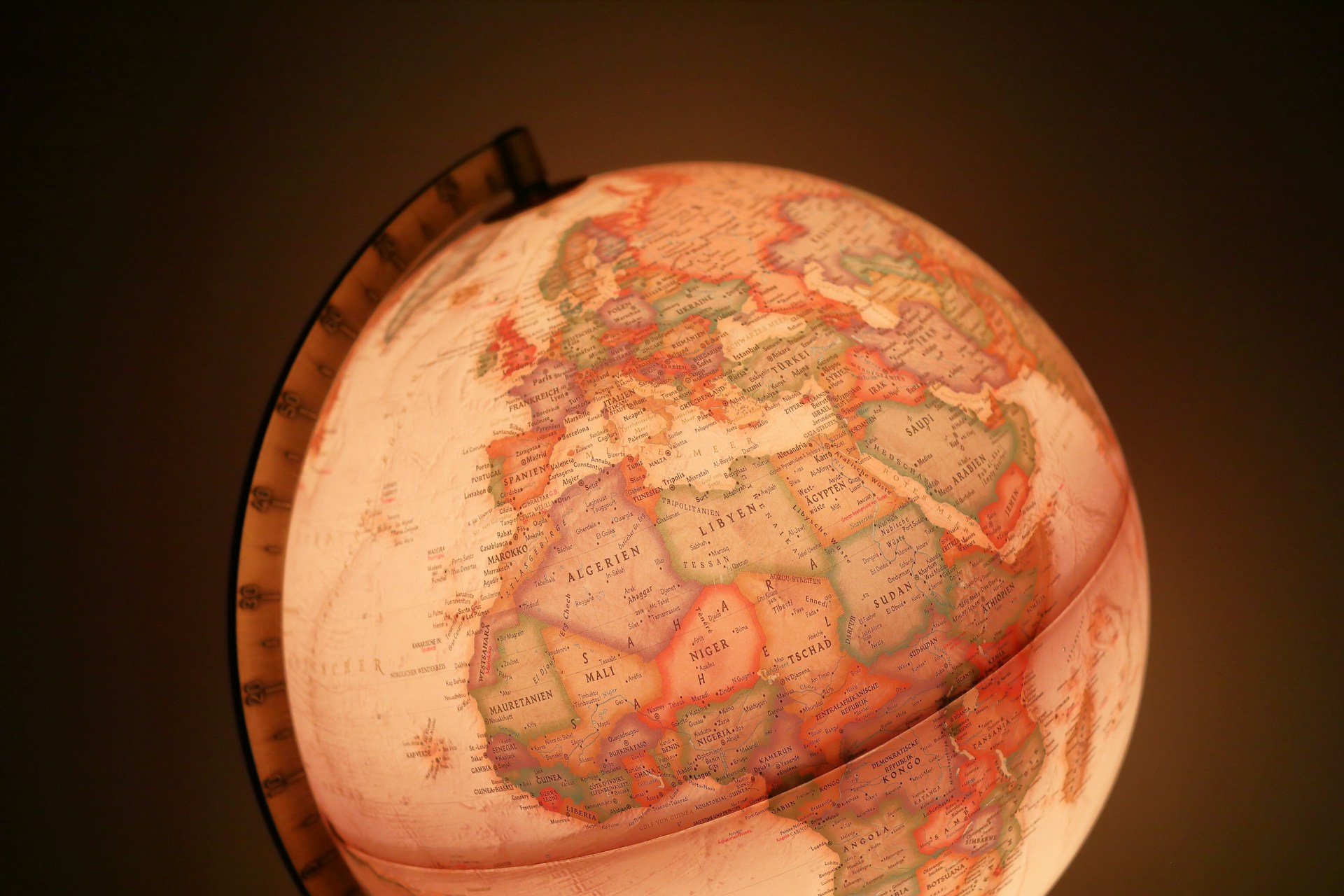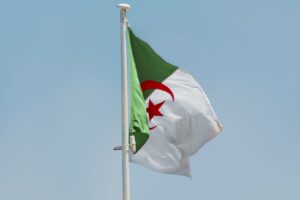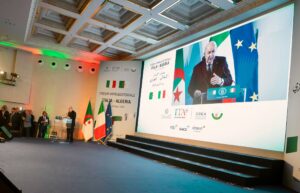Over the past year, ECCO has been involved, with our regional partners IMAL Initiative for Climate and Development, a Moroccan-based Think Tank, and SeFia, a Turkish-based environmental NGO, in building alliances with think tanks and institutions through MATTCCh, the Mediterranean Alliance of Think Tanks on Climate Change, a network of think tanks and independent experts in the Mediterranean region. Within this cooperation framework, we developed a priority document for the new Mediterranean Commissioner’s agenda on climate, energy and environment and sent a letter to the European Commission suggesting priority policy areas for the New Pact for the Mediterranean.
The decarbonisation of energy systems for the entire Mediterranean region and the creation of regional governance for adaptation represent the priority areas in the document. These can help steer a course for the European Commission and the new Commissioner towards Southern Mediterranean countries.
Read the letter here
The Mediterranean and Europe
The new political cycle that will guide European policies until 2029 was inaugurated with the European elections, the re-election of President von der Leyen and the announcement of the appointment of a new Commissioner for the Mediterranean and, finally, a New Pact for the Mediterranean. The opening of a special dossier for the region, accompanied by the appointment of a dedicated Commissioner, has the potential to open a new phase in relations between the European Union and its Neighbourhood.
In her speech to the European Parliament, von der Leyen mentioned growth, defence and democracy as the main issues on which the new Commission will focus its next mandate. As outlined by the guidelines that will define the Commission’s directives, the Presidency is committed to maintaining the course taken in 2019 with the European Green Deal. However, this will have a sharper focus on industrial policies, with the promise of a Green Industrial Deal to be announced in the Commission’s first 100 days.
As stated in the guidelines, the new Commissioner for the Mediterranean is expected to focus on partnerships and investment, economic stability, job creation, energy, security and other areas of mutual interest, in dialogue with the High Representative/Vice-President. ‘The Mediterranean region should get undivided attention,’ Von der Leyen told EU lawmakers in Strasbourg.
The expectation is that this new political course, if properly implemented, will ensure greater attention to a region that was neglected for a long time. Southern Mediterranean countries played a central role in the European response to the energy crisis that followed Russia’s invasion of Ukraine. In contrast to the priorities of the New Agenda for the Mediterranean of 2021, which were centred aroundthe green transition and in line with the international projection of the European Green Deal, the need to secure energy supplies hastill anchored in thein recent years tin the exploitation of fossil fuels and an expansion of gas infrastructure. An integral part of this paradigm shift should also include a redefinition of energy security that can no longer depend exclusively on the security of supply of fossil fuels, but will increasingly incorporate other renewable sources. This shift would open up an alternative cooperation model based on decarbonisation for traditionally producing countries such as Algeria and Libya.
As highlighted in the experts’ document, the achievement of European climate objectives is closely linked to the decarbonisation of the whole Mediterranean Region, the overcoming of development models linked to fossil fuels, and the strengthening of energy cooperation towards a broader objective of a fair transition to renewable energy sources.
MATTCCh: what are the recommendations?
Renewable energy cooperation offers concrete opportunities for countries on both sides and can contribute to economic, financial and employment development in the region, prioritising local value creation, sustainable growth, trade and green industrial cooperation.
The creation of mutually beneficial energy partnerships with Mediterranean countries must be the focus of the new Commissioner’s agenda. The identified opportunities lie in the potential for solar and wind energy development on the southern shore, which is still largely under-exploited. Producer countries have been instrumental in the aftermath of the energy crisis, but a long-term strategy for Europe and its Southern Neighbourhood cannot ignore supporting energy diversification and green industrial development as a measure to foster their gradual transition, in line with global climate goals and the COP28 outcomes. The European Union expects its gas demand to decrease by 53% by 2030 and 85% by 2050. This increases the vulnerability of those countries whose revenues depend on oil and gas exports. In order to draw up long-term development plans, it is important for the Commission to adequately communicate short, medium and long term European demand forecasts.
Alongside the promotion of renewable energy capacities, cross-border infrastructure projects are equally important to move the region towards a clean, flexible, reliable and secure integrated energy system, but also an increased focus on energy efficiency, storage and grid connectivity, which are essential to reach the globally agreed target of tripling renewable energy and doubling energy efficiency by 2030.
The creation of an integrated Mediterranean energy and industrial space can then rely on nearshoring, greenshoring and friendshoring, in order to promote beneficial partnerships that can increase the socio-economic gains of the whole region.
Euro-Mediterranean countries share similar vulnerabilities to climate change, but not the same level of risk preparedness. Alongside mitigation, a regional adaptation strategy is crucial in a fragile region such as the Mediterranean. The new Commissioner’s agenda must consider this dimension, taking into account the different starting points, needs and priorities of the southern shore countries. Adaptation and resilience building measures must be systemic and should consolidate the international dimension of the EU adaptation strategy, the Green Deal and the Global Gateway. One concrete measure in this regard can be the support of Mediterranean countries in the development and implementation of their Nationally Determined Contributions (NDCs), as well as National Adaptation Plans (NAPs) as strategic tools for the most fragile countries to receive financial support in the appropriate multilateral frameworks. These tools, together with a long-term decarbonisation strategy, provide a compass for fully understanding individual country development needs and trajectories, effectively redirecting cooperation instruments and taking climate impacts into account.
Finally, the document includes recommendations for the Commission to commit itself to reconciling energy, environment, climate and security objectives. Only a strong political mandate for the Commissioner will enable the Union to shape the new partnership with Southern Mediterranean countries from a reactive response to the energy crisis to a long-term strategy that is mutually beneficial and can reposition a strategic Euro-Mediterranean partnership in an increasingly multipolar geopolitical context. This repositioning also starts with reconciling the divergent agendas and priorities of Member States towards the Southern Mediterranean countries.
This must also include a just transition dimension as a pillar of the New Pact for the Mediterranean, involving civil society, social stakeholders, vulnerable communities and experts in the Southern Mediterranean countries.
The next European policy cycle coincides with a broader moment of climate diplomacy as we approach COP29, the update of Nationally Determined Contributions (NDCs) and COP30. This will help to stay the course on the European Green Deal and the EU’s climate neutrality goal in a fair and inclusive way. It is crucial to emphasise the importance of international climate finance and the alignment of financial flows with climate goals. With the expected conclusion of the negotiations on the New Quantified Collective Goal (NCQG) and progress in the reform of the International Financial Institutions (IFI) at COP29, the EU, as the largest donor with €28.5 billion in 2022, must set a good example by supporting these initiatives and forge a new, more distributed governance of climate leadership.
Read the letter here
Signatories of the letter are: Arab Reform Initiative, CREAF – Public research center, ECCO – the Italian Climate Change Think Tank, E3G (think tank), EMBER, Natural Resource Governance Institute (NRGI), the Regional Center for Renewable Energy and Energy Efficiency (RCREEE), ZERO – associação sistema terrestre sustentável, The Economic Policy Research Foundation of Turkey (TEPAV), Sustainable Economics and Finance Association (SEFiA), and other experts.
Image: Maksim Shutov







